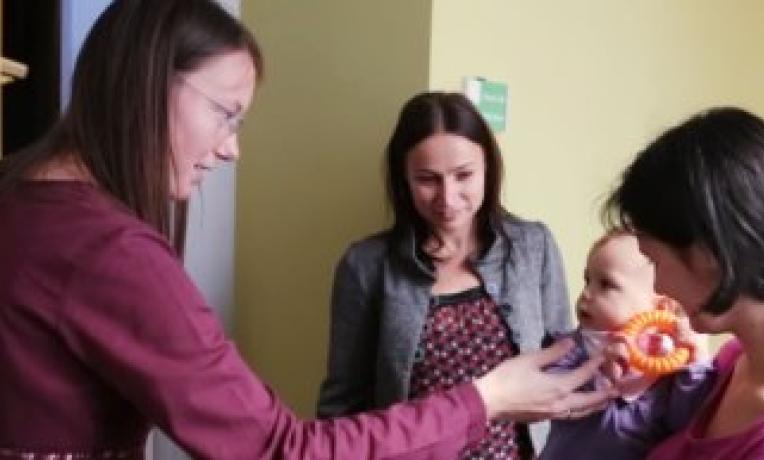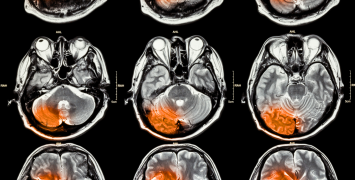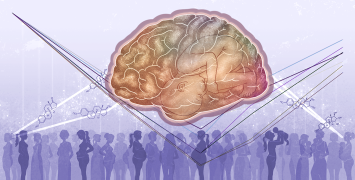Building a career on understanding the minds of others
The Theory of Mind - the ability to understand that others may have thoughts, beliefs, desires, and intentions different from ours - develops in early childhood and is considered as a key process to explain our social interactions. How do children acquire this ability? What are the cognitive and brain mechanisms that allow human beings to learn from others, to predict their behaviour and to communicate with them? These are some of the questions Dr Agnes Melinda Kovacs addresses, thanks to an ERC grant, in her laboratory in Budapest.

The path of this young scientist shows how ERC funding can support young promising researchers in having an independent career. After her university studies in Romania, Dr Kovacs spent five years in Italy, where she completed her PhD, focusing on two areas of cognitive development, bilingualism and the Theory of Mind. She then moved to the Hungarian Academy of Sciences to carry out a research project backed by a Marie Skłodowska Curie fellowship. Two years after the award of her PhD, she submitted a proposal for the REPCOLLAB project in the ERC competition based on an idea stemming from her results. Her idea proved to be successful as she won a Starting Grant in 2011 to establish her own group and equip a state-of-the-art laboratory at the Central European University, launching her career as an independent researcher.
Dr Kovacs currently leads a team of ten, including two postdoctoral researchers and six PhD students, who combine neuroscience investigation methods with philosophical thinking. They study the mechanisms dedicated to understanding the minds of others through a series of experiments on infants and adults based on modern brain imaging and behavioral techniques. Some of the studies have been performed in collaboration with researchers from Ghent University (Belgium). Four years after the start of her project, Dr Kovacs has shown the potential to open new research avenues in her field. She has published scientific papers in top journals, chapters in books and has been invited to give talks and presentations in Europe and in the USA. Her reputation goes beyond the academic circles as she is often featured in major media outlets.






